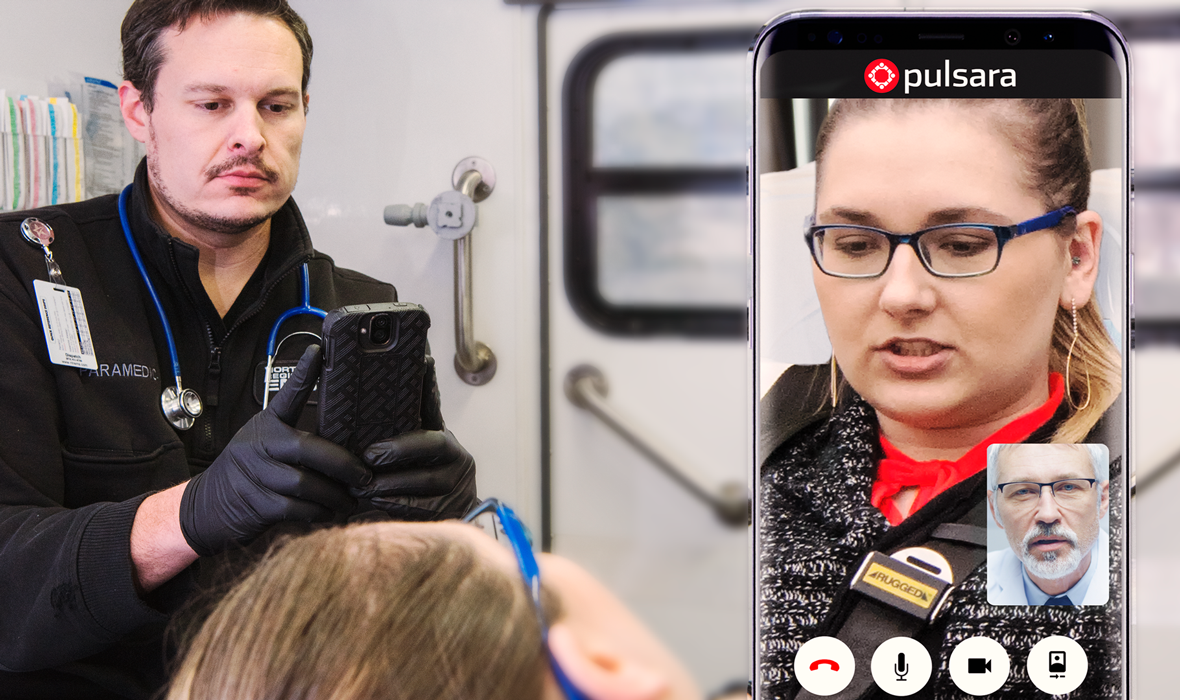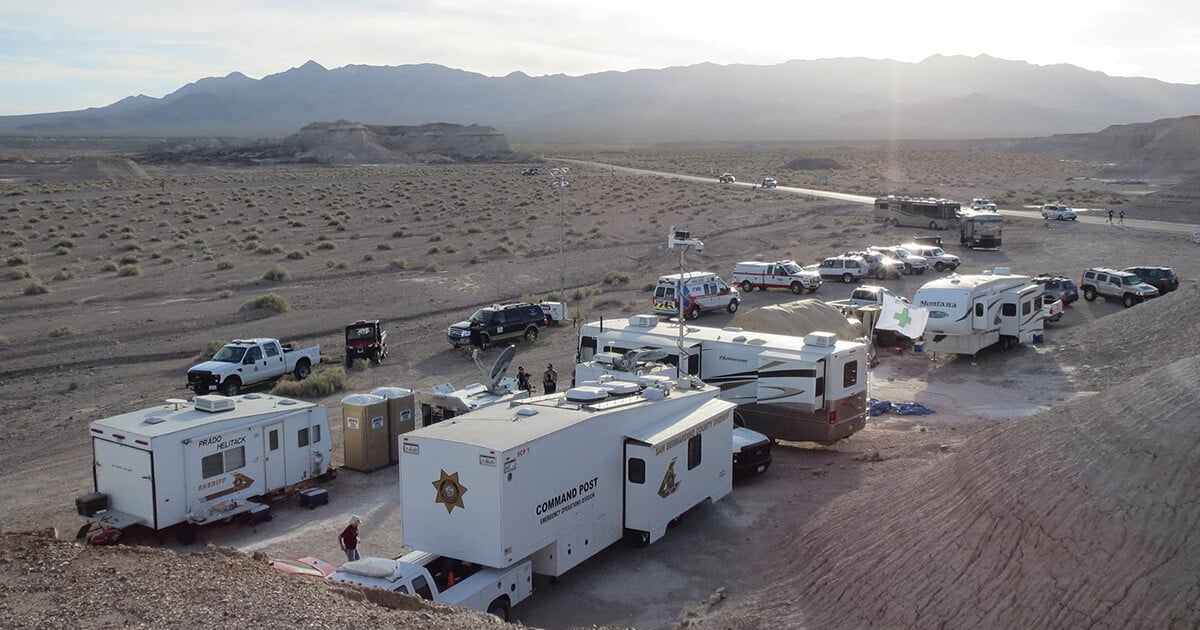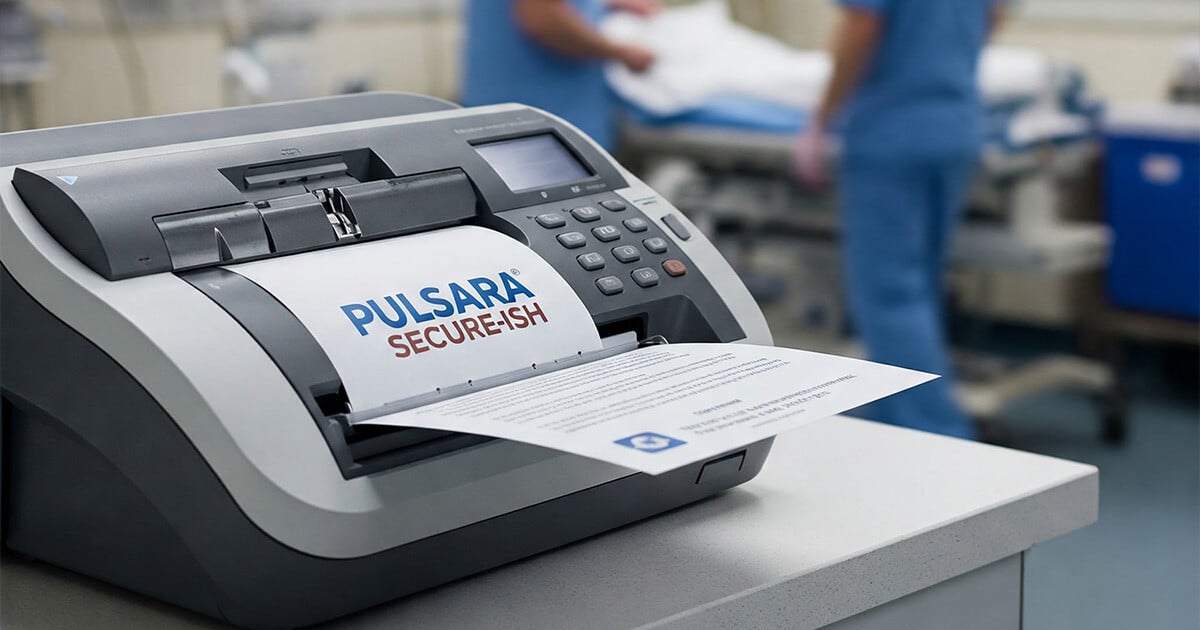Baker to Vegas: Leveraging Pulsara to Manage a Planned Event
Although they have the advantage of prior awareness and preparation, large-scale planned events pose unique challenges for emergency management...
1 min read
 Team Pulsara
:
Aug 09, 2019
Team Pulsara
:
Aug 09, 2019

EDITOR'S NOTE: Special thanks to James Laidlaw for writing today's blog post. You can connect with him on LinkedIn.
If you’re an old-school paramedic like me, you remember when you finally upgraded to the Medcom system after an already overloaded single channel/multi-hospital HEAR network. When transmitting patient information to the hospital, I always asked myself, "Did I portray a good enough picture of the severity of the patient and nature of the problem using voice-only communications? Will the staff taking the report be able to remember what was said? What information did they actually write down and forward to the rest of the team?"
Oftentimes, it felt like my radio report was lost or stopped with the wrong person – so we’d have to delay patient transfer — and ultimately patient care — so we could repeat it again upon arrival and as other team members arrived. I often thought to myself, “There’s got to be a better way.”
Luckily, today's advancement in mobile communication technology for healthcare allows for instantaneous transfer of vital patient information, including ECG’s, patient demographics, insurance information, and patient vitals all with a simple click of a few buttons. Getting a (CLEAR and legible) report from the field, ED teams now have the ability to activate the rest of the hospital teams with a tap of a button on a smartphone, and to register the patient before the ambulance even arrives. This more intuitive and efficient means of communication not only saves time when it matters most, but it also helps reduce medical errors secondary to miscommunication.
Gone are the days of scribbling quick notes on a paper towel while tending to another patient, forgotten information, or the person who took the report going on break without relaying the information to the team. Modern technology like Pulsara allows efficiency, accountability, and transparency — All for the benefit of the patient.
So I ask, have you joined the modern communications revolution? If not, why? #ItsAboutTime

Although they have the advantage of prior awareness and preparation, large-scale planned events pose unique challenges for emergency management...

For Those Who Love a Good "Oopsie!" At Pulsara, we pride ourselves on enabling secure, HIPAA-compliant communication for healthcare teams. But let’s...

March Recap A New Integration: Improving Data Management, Streamlining Workflows, and Improving Care CoordinationOnly a few days ago, we announced...